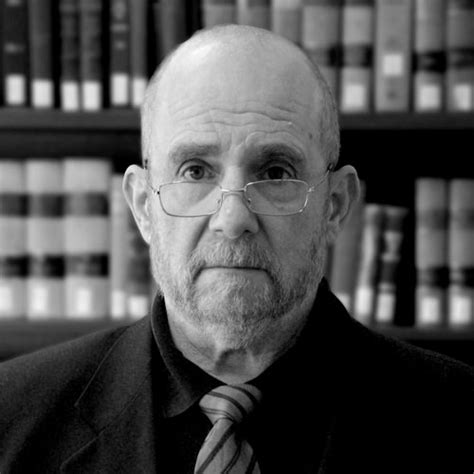A Quote by Arthur Erickson
We find Japan a little more difficult to understand because it has proven its 20th century prowess though the ancient traditions still persist.
Related Quotes
Even though I spent the first five years of my life in Nagasaki, going to Japan can be really difficult. Even if they know I've been brought up in the West, they still expect me to understand all the subtleties of their culture, and if I get it wrong, it matters much more than if a British person gets it wrong. I find it intimidating.
I was really interested in 20th century communalism and alternative communities, the boom of communes in the 60s and 70s. That led me back to the 19th century. I was shocked to find what I would describe as far more utopian ideas in the 19th century than in the 20th century. Not only were the ideas so extreme, but surprising people were adopting them.
While Pickstown may not be what it once was, it still is framed by the natural beauty of the ancient river, the sweep of the Great Plains, and the long, unbroken shoreline of the lake behind the dam. It gave me a 19th-century childhood in a modern mid-20th-century town, and for that I will always be grateful.
D-Day represents the greatest achievement of the american people and system in the 20th century. It was the pivot point of the 20th century. It was the day on which the decision was made as to who was going to rule in this world in the second half of the 20th century. Is it going to be Nazism, is it going to be communism, or are the democracies going to prevail?
The different American experience of the 20th Century is crucial because the lesson of the century for Europe, which essentially is that the human condition is tragic, led it to have a build a welfare system and a set of laws and social arrangements that are more prophylactic than idealistic. It's not about building perfect futures; it's about preventing terrible pasts. I think that is something that Europeans in the second half of the 20th century knew in their bones and Americans never did, and it's one of the big differences between the two Western cultures.
Contemporary scholars have little explored the preconditions of genocide. Still less have they asked whether a society's weapons policy might be one of the institutional arrangements that contributes to the probability of its government engaging in some of the more extreme varieties of outrage. Though it is a long step between being disarmed and being murdered - one does not usually lead to the other - but it is nevertheless an arresting reality that not one of the principal genocides of the 20th century, and there have been dozens, has been inflicted on a population that was armed.
More girls were killed in the last 50 years, precisely because they were girls, than men killed in all the wars in the 20th century. More girls are killed in this routine gendercide in any one decade than people were slaughtered in all the genocides of the 20th century. The equivalent of 5 jumbo jets worth of women die in labor each day... life time risk of maternal death is 1,000x higher in a poor country than in the west. That should be an international scandal.







































